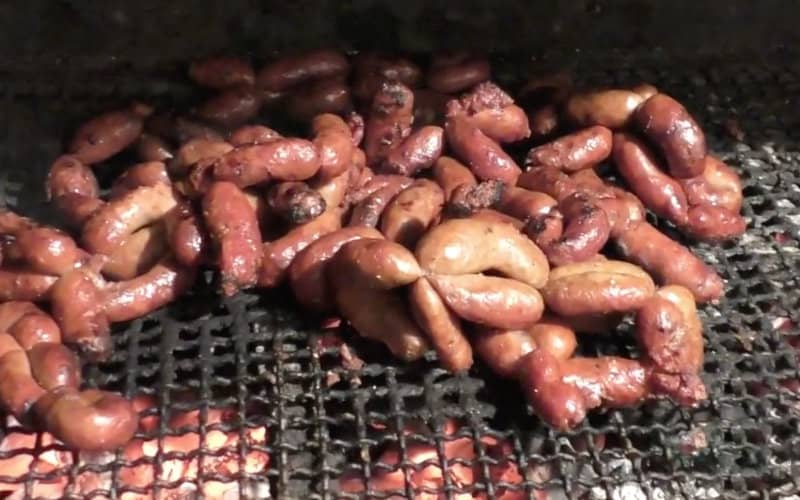Morocco Grapples with Illegal Donkey and Dog Meat Trade, Officials Reveal

Morocco is facing a difficult equation to solve: the control of the trade in donkey and dog meat. This emerges from the response of the delegate minister to the Minister of the Interior, Noureddine Boutayeb, to a question from the councilor and head of the Istiqlal parliamentary group in the second chamber, Abdeslam Lebbar.
Morocco is facing a thorny issue. The issue related to clandestine slaughterhouses trading in donkey and dog meat was at the center of the debates during the question-and-answer session with ministers last Tuesday. According to Abdeslam Lebbar (PI), these slaughterhouses continue to operate in the absence of modern facilities that comply with standards, reports Assabah. He denounced the non-compliance with hygiene measures. Some sell their meat without veterinary control, which is a flagrant violation of the law, the head of the Istiqlal parliamentary group in the 2nd Chamber also denounced.
These meats are "harmful to the health of consumers, as they can be a vector of microbes and parasites, which can affect humans and lower their immunity," he warned, pointing to a failing control mission. The elected official accused senior officials of negligence.
The control of slaughterhouses is a "very difficult task," acknowledged Noureddine Boutayeb, stressing that rural or urban local authorities have shown their limits. "We are providing more financial resources to municipalities to improve the work of slaughterhouses, but in vain," he added. The delegate minister then recommended the creation of new modern slaughterhouses and the strengthening of existing ones. This project will have to be carried out in coordination between the Ministry of the Interior and the Ministry of Agriculture, he continued.
In Morocco, many slaughterhouses are not authorized to carry out their activities. In a press release, the National Order of Veterinarians (ONV) had stated that only 8 red meat slaughterhouses have been approved by the National Office of Food Safety (Onssa). "The majority of slaughter units do not have the minimum required in terms of hygiene and cleanliness," it had specified.
Related Articles
-

Morocco Cracks Down on Illegal Construction: Major Cities Face Scrutiny Amid Urban Planning Scandal
6 September 2025
-

Moroccan Police Bust International Phone Theft Ring: France-Morocco Sting Recovers Stolen Devices
6 September 2025
-

US Reaffirms Support for Moroccan Sovereignty in Western Sahara Dispute
6 September 2025
-

Severe Weather Alert: Moroccan Regions Brace for Intense Thunderstorms and Heavy Rainfall
6 September 2025
-

Quebec’s International Student Crisis: UQAM Faces 39% Drop as Government Policies Spark Global Concern
5 September 2025